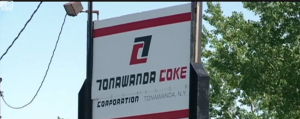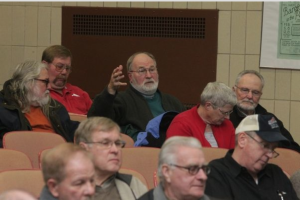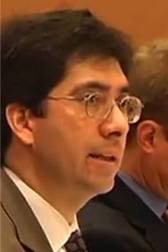The Texas Senate’s Committee on Natural Resources and Economic Development held a hearing in Houston Thursday, February 1st on two interim charges, the first being on hotel occupancy taxes and the second on regulatory barriers.
The second interim charge reviewed at the hearing states: Identify options to maintain our state’s competitive advantage and make recommendations to remove or reduce administrative or regulatory barriers hindering economic growth, including permitting or registration requirements and fees.
Public Citizen’s Houston-based organizer, Stephanie Thomas, was one of six people to provide invited testimony. Others included representatives from the Texas Commission on Environmental Quality (TCEQ), the Texas Chemical Council, the National Federation of Independent Business, and the National Energy Association.
Our role at the hearing was to comment on specific aspects of regulation, including the issue of expedited permitting. Public Citizen recommended sufficient funding to the regulatory agencies like TCEQ to thoroughly and effectively review permits. Public Citizen also brought forth issues in reducing public participation that may come from the expedition of permits.
Public Citizen also provided comment on Texas Commission on Environmental Quality’s use of exceptional events for determining National Ambient Air Quality Standards (NAAQS) designation, i.e. whether a location is in attainment or nonattainment for levels criteria pollutants. According to the US Environmental Protection Agency, exceptional events “are unusual or naturally occurring events that can affect air quality but are not reasonably controllable using techniques that tribal, state or local air agencies may implement in order to attain and maintain the National Ambient Air Quality Standards. Exceptional events include wildfires, stratospheric ozone intrusions and volcanic and seismic activities.”
Public Citizen argued that the TCEQ should not use exceptional events to make it seem as though an area is in attainment of an air quality standard when it is not. This practice of using exceptional events to avoid nonattainment status is particularly dangerous because people still have to breath air pollution regardless of whether it comes from a refinery or it comes from agricultural fires in Mexico.
Many of what seems like regulations to industry are public safeguards, with tangible benefits to human health and quality of life.
To read Public Citizen’s written testimony, click here: Regulatory Barriers hearing comments – Public Citizen.docx.












